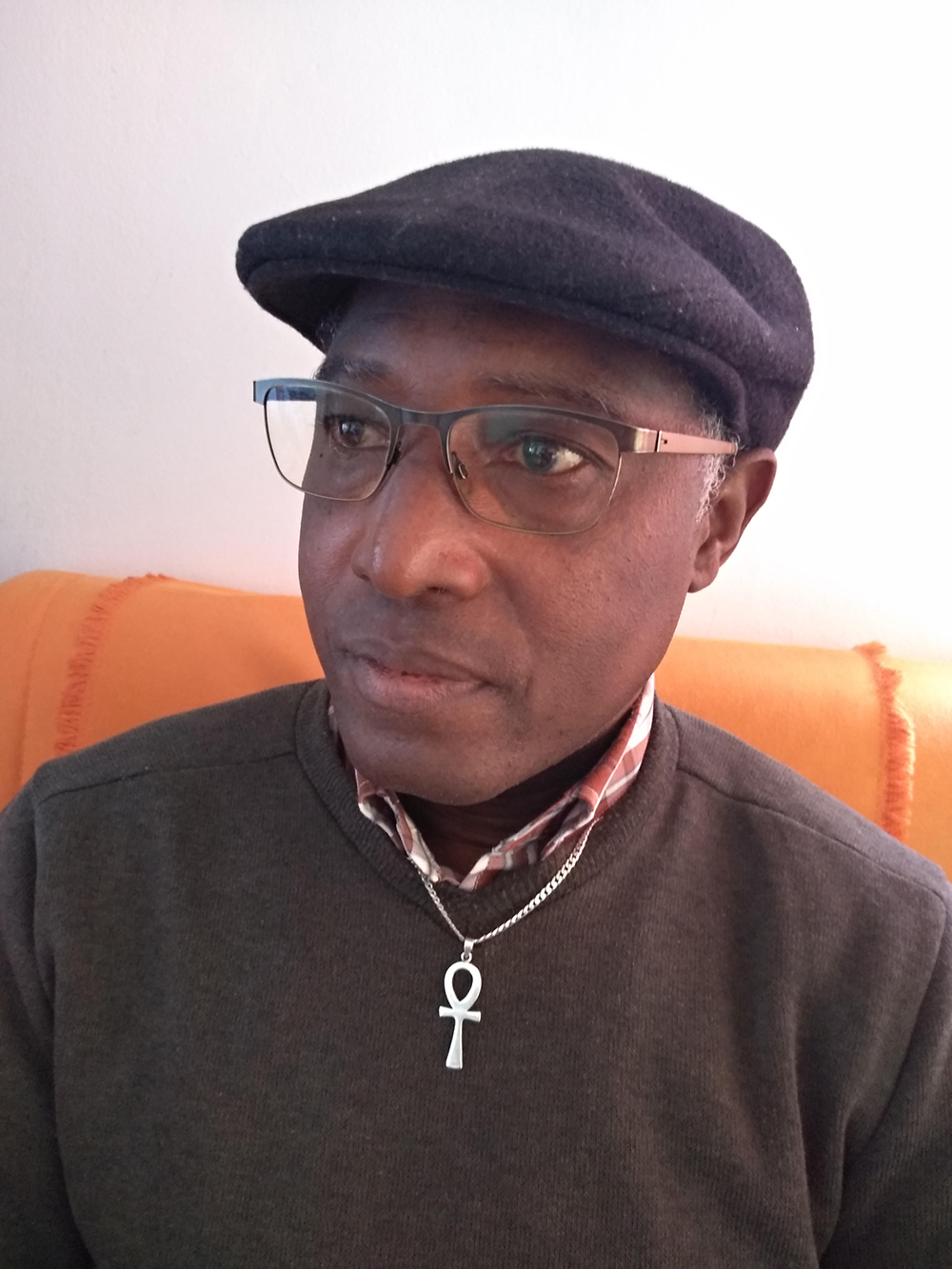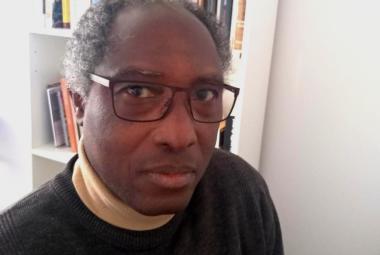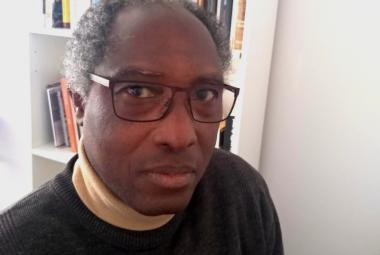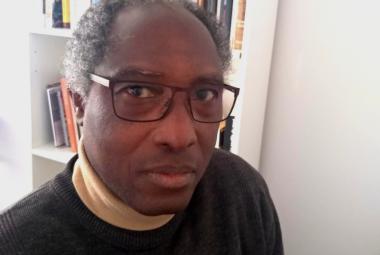
China's tenet has always been non-interference in the internal affairs of other sovereign states. On the occasion of the opening of the China-Africa summit on September 3, 2018, the Chinese President, Xi Jinping, again hammered home this loud and clear: "We are still pursuing the practice of the 'five no's' in our relations with the Africa, namely: not to interfere in the search by African countries for a path of development adapted to their national conditions, not to interfere in African internal affairs, not to impose our will on Africa , not to attach any political condition to our aid to Africa, and not to pursue selfish political interests in our investment and financing cooperation with Africa”. But between words and Realpolitik, promises only bind those who believe in them.
It is true that, even in its logic and its thirst for world conquest and geostrategic rivalries, the country of Mao Tse Tung has always known how to remain more subtle and cunning, and particularly in Black Africa, by using its "soft power". Which has always been the opposite of Russia, even during the Cold War. Russia has in the past been just as exuberant and pretentious as it is now in Black Africa. This is nothing new. So much so that there were more statues of Lenin in the former African countries of the Socialist Bloc of Africa than one could find of Mao Tse Tung and many other leaders of the two great powers of this camp which were the China and Russia.
Countries, like Benin Republic, bear witness to this era of scientific Socialism based on Marxism-Leninim, all buttressed on the single party or party-state. For a long time, under the People's Revolution Party of Benin (PRPB), it must be recognized that in Benin as well as in other African countries, their hegemony was not intended to become entrenched from an economic point of view. Opposition to the democratic political system of the West was the main reason for this. And the African countries that had benefited from the support of this China-Russia tandem for their struggles for national independence had reasons for not wanting to do without it. Quite the contrary.
Whether from a political or economic point of view, the leaders of China and Russia at that time, whatever one may say, were less inhabited by this manifest desire for conquest and for being under the influence countries of Black Africa in particular than those of today, in this case Xi Jinping in China or Vladimir Putin in Russia. And African citizens had better be wary of it while there is still time. The question is not whether to deal with China and Russia or not, it is rather how to avoid importing political systems that are incompatible with the deep ambitions of African societies while being dependent on China and Russia… One addiction can indeed hide another.
It is an open secret, China and Russia are obstinately seeking to restore the dictatorships of the past in Black Africa, in particular, in order to be able to establish their hold on the international scale more easily and for a long time. By supporting satraps or dictators of all kinds who will serve their interests. On the grounds of the diversification of Africa's partners and the predation of the West on Africa's resources. Just as if Africa had not
been a partner of China and Russia for ages. We should not delude ourselves into believing that these two powerful have no other objectives or interests than to pull Africans into the state of economic and financial misery in which they find themselves. Far from it. And if China continues to play it very cleverly, it makes many African
countries dependent on it in many areas, in this case through its loans which also enslave, whether we like it or not. As for Russia, it prefers to use the Putin method and does not hide it. The Russian mercenaries of the Wagner Group who settle here and there are there to remind everyone. There is in all these geostrategic and geopolitical games, a kind of sadomasochism among some Africans who firmly believe that they will be freed from the dictatorships that oppress them and that they denounce daily thanks to China and Russia so that these countries support democracies in their place. Or still others who call for a perfect markup for new dictatorships in Africa, so to speak. Under the false pretext that the dictatorship of the military is a guarantee of development.
After the collapse of the Socialist Bloc at the end of the 1980s, the return in force in Black Africa of China as well as Russia was prepared and facilitated by the dictators of the continent most hostile to France and in general to the West. Because the West blamed them for certain breaches of democratic principles and flagrant violations of
human rights against a backdrop of prevarications and ill-gotten gains. Journalists and traditional media in Africa also have their share of responsibility in this dangerous game before the whole thing is crowned by what should be called an army of imbeciles on social networks, who can be cut and worked at will, then manipulated as desired. And this is where the formula of the famous Italian academic and writer, Umberto Eco, takes on its full meaning when he says: "Social networks have given the right to speak to legions of imbeciles who, before, only spoke at the bar after a glass of wine and did no harm to the community. They were immediately silenced, whereas today they have the same right to speak as a Nobel Prize winner. It is the invasion of fools”. Because when you don't know, you keep quiet or you ask someone in the business, or failing that, someone wiser than you. However, today, everyone has become a Specialist in Everything and especially in Geopolitics on social networks. And that's an understatement.
To prevent young people not only from being manipulated for political purposes but also from personal disappointment during their lifetime, African states should perhaps consider including a subject on social networks in their educational curricula. To see the way in which many use them, including minors, and how they perceive the information that is distilled there, there is cause for serious concern. Better still, there is an urgent need to offer support in this direction in favor of the youngest. It is in this way that we will help them to become more informed and likely citizens to protect themselves in this globalized and interconnected world and that we will make them less dangerous to their own society. Without, however, being more submissive to their rulers.
If China has long really stuck to its dogma of non-interference in the internal affairs of other Black African States, on the other hand it can be said without great risk of being mistaken that it has been different for some decades already. For China, the security of its pharaonic investments in African countries depends largely on the nature of the regime in power in each country and for Russia, the need to regain a foothold in Africa to find new outlets in a new context. geopolitics is a major issue. Nothing is free in state-to-state relations. Africans will have to realize that no one will do anything for them. And even less for free. There is no reason for others to come to Africa to help them for free if they have no consideration in return. Vladimir Putin and Xi Jinping may allege the best feelings in the world and their love for Africa, these are only soothing professions of faith. The Chinese and Russians are far from being different from Westerners. And if they are, it is with one exception most certainly: they prefer the dictatorships of the past in power in Africa to democratic regimes where civil society has the right of citizenship. This is indeed the only difference and it is significant for Africans to really become aware of it. Of which act!
By Marcus Boni Teiga

















